Are planar magnetic headphones worth the higher cost?
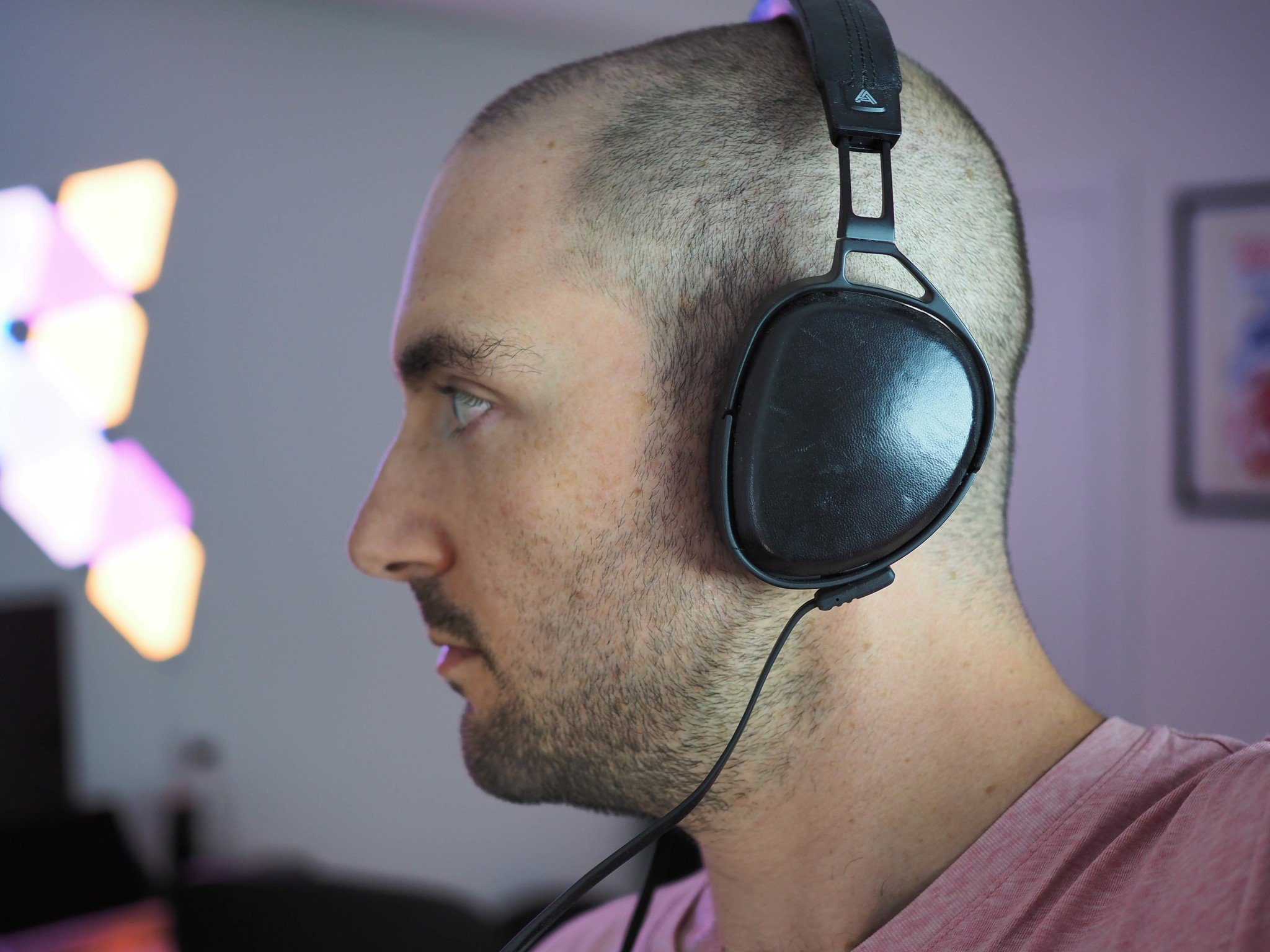
Best answer: Planar magnetic headphones are more expensive than their dynamic driver cousins, but the better sound quality will surely be worth it. If you don't want to spend too much, the HIFIMAN HE-400I are a great pair for a decent price. For a bit more money, the new Audeze Mobius headphones offer more features like Bluetooth connectivity.
- Amazon: HIFIMAN HE-400I ($189)
- Audeze: Audeze Mobius ($400)
Headphones are easy to understand on the surface: plug them into the aux jack or connect them via Bluetooth, and you get your sweet music in your ears. That's true of any headphones, but if you want to dive into the rabbit hole you can.
One category you may have heard of in the last few years are planar magnetic headphones. The first thing you may notice about them is their higher price. If you've ever listened to a pair of planar magnetic headphones, you probably noticed a more pleasant sound.
What about my regular headphones?
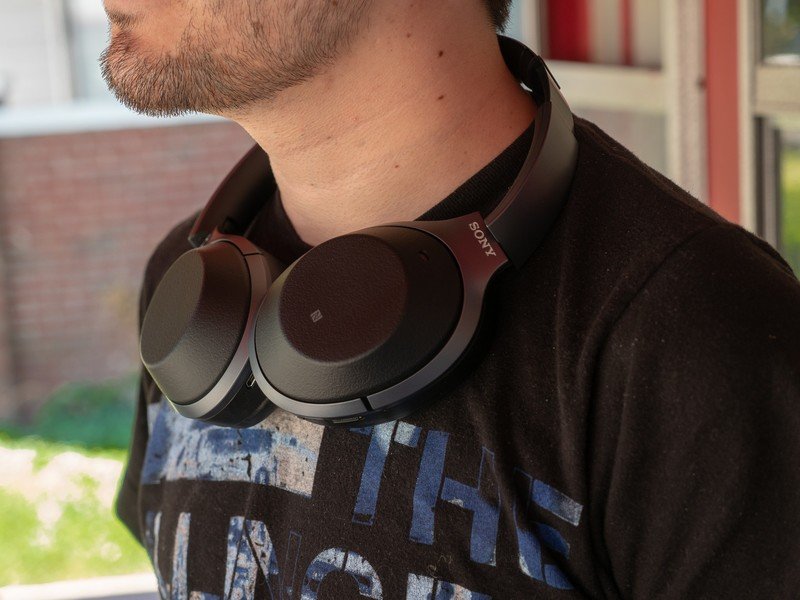
Almost all lower-end headphones — from the $10 pair at your grocery store checkout to more expensive sets like the Bose QC35 — use what are known as dynamic drivers. If you've ever had big speakers and seen the driver actually move back and forth, you've seen a dynamic driver. Dynamic drivers can be as big as those giant speakers need them to be, or small enough to fit inside tiny earbuds.
Think of sound as a wave: the dynamic driver physically moves back and forth to produce a wave of sound that hits your ears. The driver is made of three basic parts: a magnet, a coiled wire, and a diaphragm. The magnet is fixed in place, and the coil sits between the magnet and the diaphragm. When power goes to the drivers, the magnet moves the coil back and forth, which causes the diaphragm to move back and forth to create sound.
So what's special about planar magnetic headphones?
Be an expert in 5 minutes
Get the latest news from Android Central, your trusted companion in the world of Android
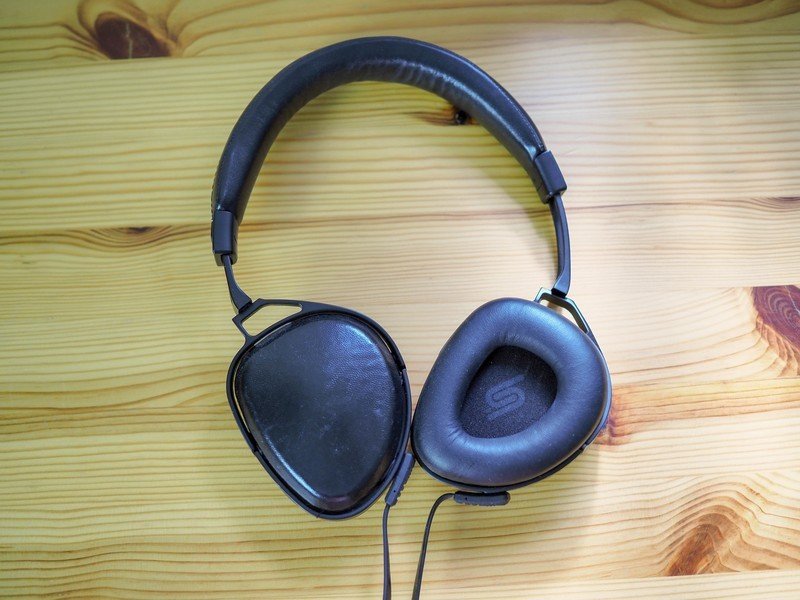
Planar magnetic headphones work a bit differently. Instead of having a magnet and coil, a fixed piece of flexible film sits inside the driver. Magnets sit in front of and behind this film, and thin wires go through the film. To move the driver and produce sound, the headphones send a current through those thin wires. This makes the film magnetic, and the permanent magnets in front of and behind the film move the film back and forth to produce sound.
While planar magnetic headphones have traditionally been over- or on-ear headphones, RHA announced its first pair of planar magnetic earbuds and Audeze also offers planar magnetic earbuds.
What does this mean to me?
All that may be fascinating to read, but the important pieces are what the differences are between dynamic and planar magnetic headphones. Generally planar magnetic headphones:
- Use more power
- Cost more to produce, meaning they cost more to buy
- Sound noticeably better
The power factor is definitely something to keep in mind. The first Bluetooth planar magnetic headphones — the Audeze Mobius — were just released. Those headphones have a 10-hour battery life, where dynamic headphones that are about the same size often get 20+ hours of battery. If you're using wired planar magnetic headphones, you'll want to use them with a desktop or USB amplifier to get the most out of the headphones.
Are they worth it?
Everyone has different ears, different tastes and different budgets. If you haven't listened to a pair of planar magnetic headphones, do it. The technology is getting cheaper all the time: the HIFIMAN HE-400I headphones go for $189, right in line with dynamic driver headphones from Bose and Sony.
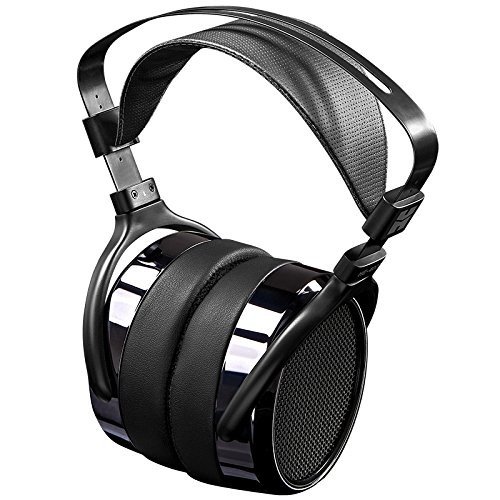
If you want planar magnetic headphones that don't break the bank, the HIFIMAN HE-400I headphones are for you.
If you're curious about planar magnetic headphones, don't go all out with a thousand-dollar pair of cans. HIFIMAN's HE-400I headphones are over-ear headphones with a flexible band and plush ear cushion for hours of comfortable music listening. These are wired headphones, with a removable 3.5mm cable that fits into either ear cup.
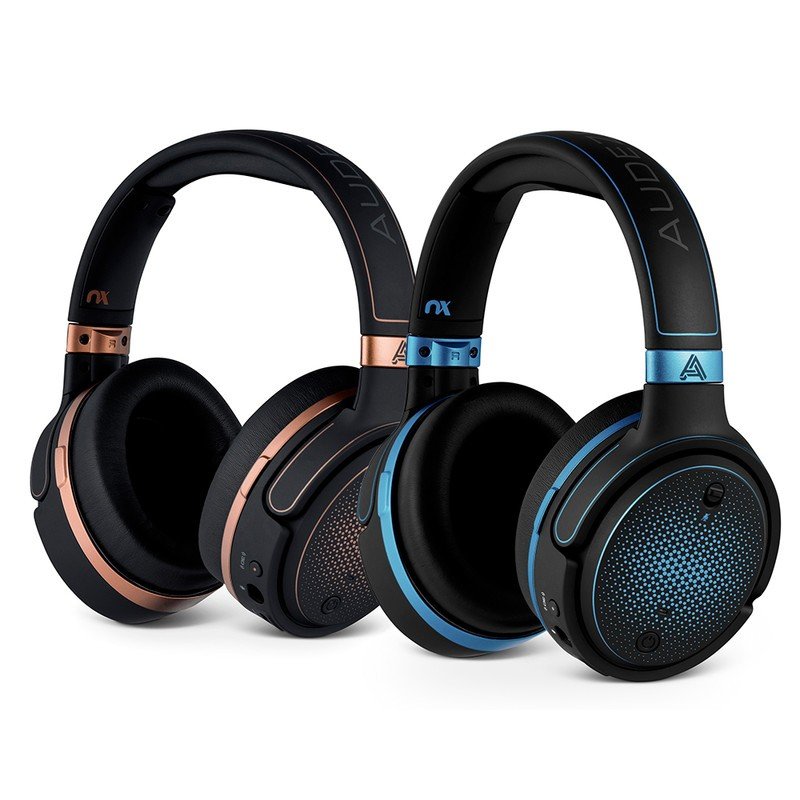
For a bit more money, you get some serious features from Audeze.
If you need your headphones to have Bluetooth connectivity, boom mic, and some other higher-end features, Audeze has you covered. Its new Mobius headphones connect your phone with a 3.5mm jack, USB-C cord or over Bluetooth. That Bluetooth connection uses the LDAC codec, which means your music will sound just as good over Bluetooth as it would over a wire. The 10-hour battery life is enough to get you through the day, and with USB-C you can charge the headphones with the same cable that you use for your phone and laptop.

